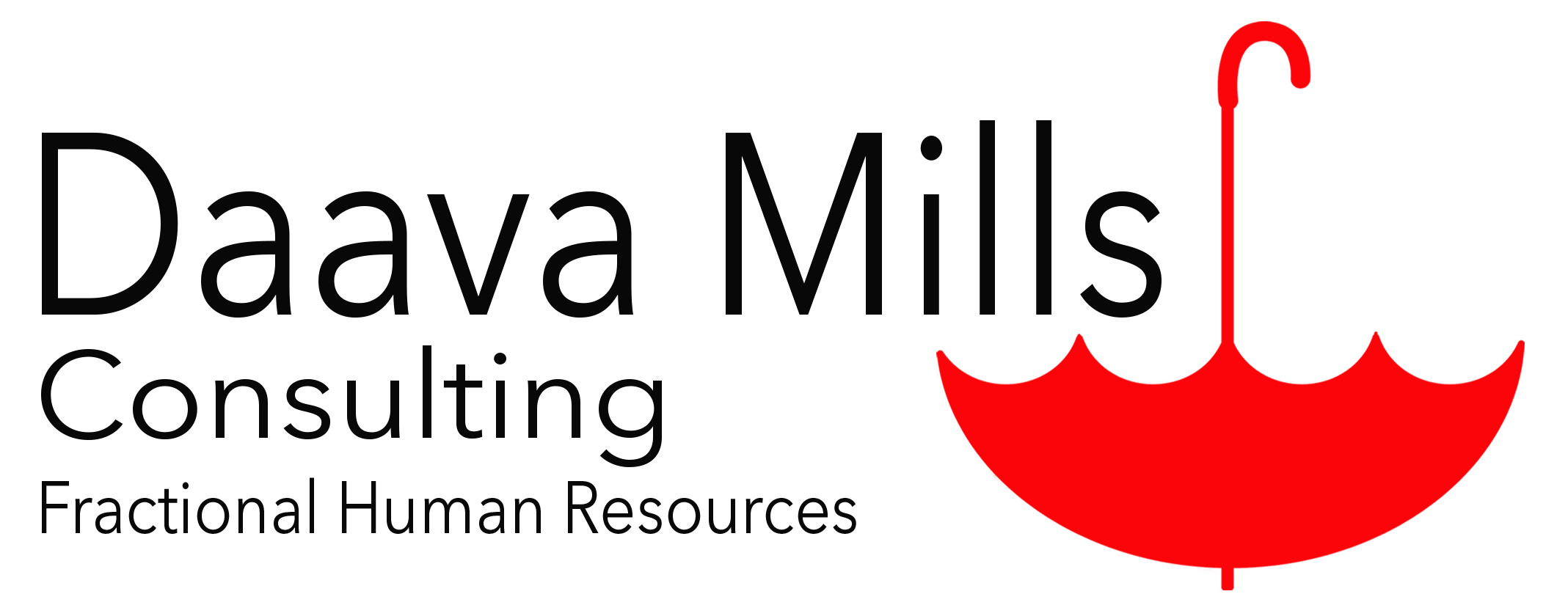Why do I want to #ScrapAllTheForms?
I came up with this hashtag, #ScrapAllTheForms, as I was doing one of my first Instagram posts. It was based on my experience developing interviews, working with managers who wanted structured interviews, then watched as the managers completely abandoned the interviews, and just followed their gut, for better or for worse.
Through time I found that most hiring managers consider themselves a good judge of character, and usually have their mind made up based on the resume. The interview was used to prove their point, and therefore the outcome the interviewer predicted. I can’t have worked with that many psychic people, so something was up.
The issue is most hiring managers, actually people in general, are not great interviewers. Any random news channel has me yelling at the TV, because many on-air journalists actually suck at interviewing. But I digress. Most interviewers don’t want to use forms or follow processes. They want to go where the wind blows. There’s nothing wrong with this, if you know the science of wind, and sails, and said breezy conversations. But most people don’t.
Stay with me here, my point is to not whine and throw my ego about.
Why do I bring this up? Years ago, I was asked to redo, and create a standardized interview strategy. I spent months on it. It was dumped because there was a misunderstanding over one small series of questions. Assumptions were made, I was not allowed to explain what I was going after or modify the series of questions. The project was forgotten, save my hard copies I brought home with me.
I’ve been asked again to help create something that gives some standard feel to the interview, so we can be sure the candidates have been roughly evaluated on the same criteria. I went through my old forms, and I found the following questions:
“Does the company that you currently work for have any unwritten rules? If so, what are they and how are they conveyed?”
“Walk me through a situation when you disagreed with your boss.”
“What skills do you want to gain or improve in the next 12 months, and what steps have you recently taken to achieve this?”
“How did you introduce a new policy or procedure that was a significant departure from the “old” way of doing things?”
“Tell me about a time in which you had to gain the cooperation of a group over which you had no authority, and how you ensured success.”
“What have you done to improve the knowledge, skills, and abilities of another person?”
And finally:
“Albert Einstein said ‘We can’t solve problems by using the same kind of thinking we used when we created them.’ Can you tell me about a time when you had to change your way of thinking so you could solve a problem or be more effective in your role?”
Like I said above, I didn’t come here to complain and whine… although it probably feels like that. Stay with me.
Those questions. Every single one describes the journey I am currently on. Each of those represents a foreshadowing of the lesson I learned through the process. If I was asked this list of questions, based on my project, I would fail the interview. And that’s okay.
What did I learn? I learned to get more up front involvement with more decision makers. I learned to be more open minded about getting to the core of what people need, and more importantly their goals for interviews. And mostly, I learned that people just want to do things their way. That is great! Now how to structure the process so the interviewer meets the requirements of the interview, while also following their gut, and getting to the heart of the matter? That’s one tall order.
Now I spend my time teaching people to have, what I call, Deep Dive Conversations. Where they can still be themselves, but ask questions at a greater level. Will those questions ever be used? Who knows. Honestly, I hold on to them “just in case.” But I am no longer attached to the outcome of a structured interview.
Albert Einstein once said, “We can’t solve problems by using the same kind of thinking we used when we created them.”
And I am here to say, we can’t solve bad interviews by throwing more behavior-based questions out there.
Interviewers need to be taught the science of a true conversation.
Interviewers need to stop assumptions based on esoteric answers.
Interviewers need to scrap all the forms.
